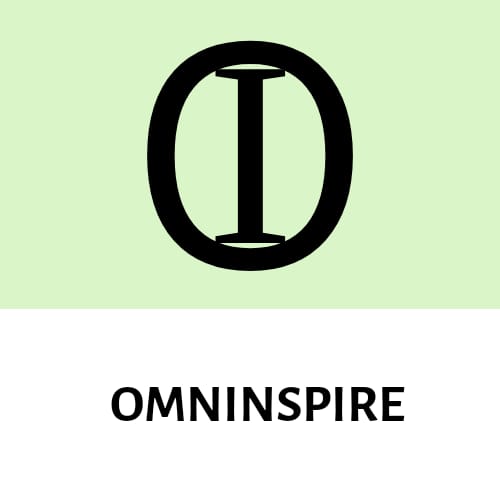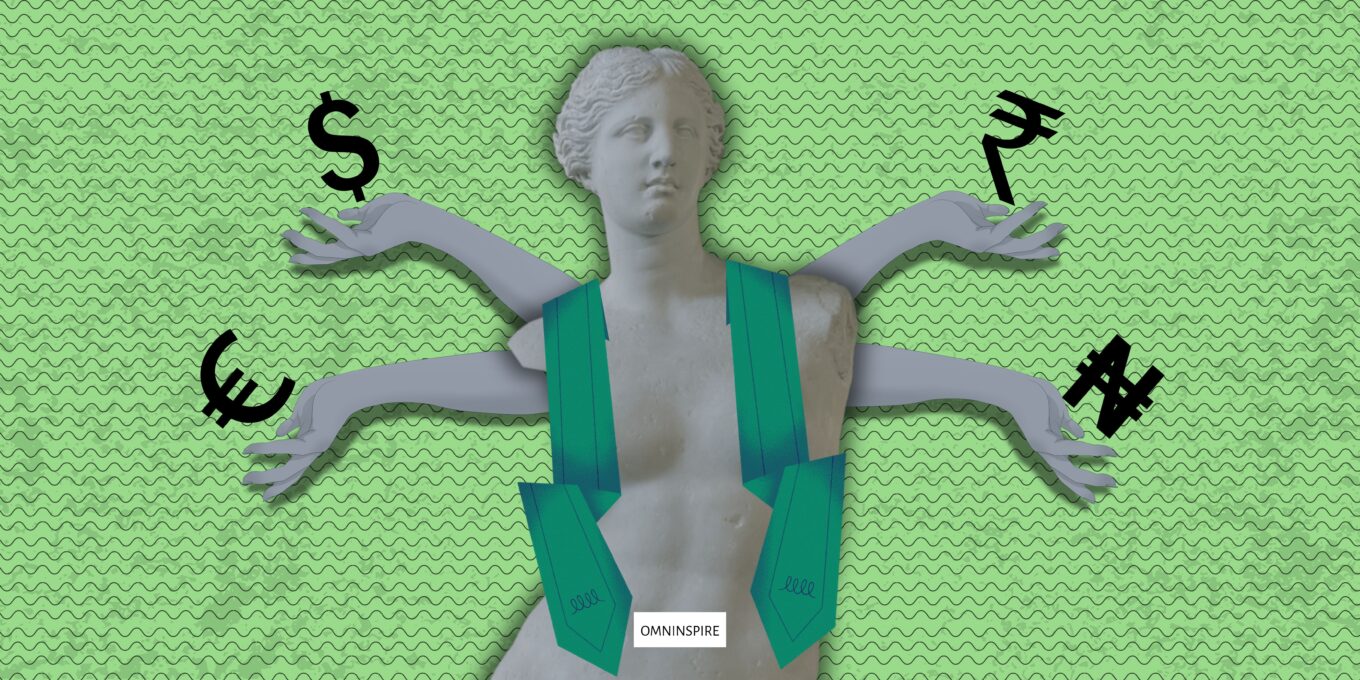In contemporary society, women are increasingly encouraged to pursue higher education, secure well-paying jobs, and become active participants in the workforce. This shift represents significant progress toward gender equality and economic empowerment. However, despite these advances, true financial independence for women remains an elusive goal. While earning an income is a crucial component, it is not the sole determinant of financial autonomy. Many women, despite their educational achievements and professional success, lack the financial literacy and resources necessary to manage their money effectively. This article delves into the multifaceted nature of financial independence, exploring why earning alone is insufficient and what additional steps are needed to achieve true financial freedom for women.
The Earnings Aspect
Statistical Overview
Over the past few decades, the number of women in the workforce has surged. According to the World Bank, female labor force participation globally has risen steadily, although significant regional variations exist. In many developed countries, women now constitute nearly half of the workforce. Despite this, a persistent gender pay gap remains a critical issue. The International Labour Organization reports that women globally earn about 20% less than men, even when accounting for variables such as education, experience, and job type.
Career Progression and Glass Ceiling
Women often face barriers to career advancement, commonly referred to as the “glass ceiling.” This invisible barrier hinders women’s progress to upper management and executive positions. Research indicates that women are underrepresented in leadership roles, and this disparity contributes to the overall earnings gap. Addressing these systemic issues is vital for ensuring that women can achieve their full earning potential.
Beyond Earnings: Other Pillars of Financial Independence
Savings and Investments
Earning money is only one part of the financial independence equation. Saving and investing are equally important. Unfortunately, women often face unique challenges in these areas. For instance, women typically live longer than men, necessitating a larger retirement fund. Yet, many women are less likely to invest their savings, partly due to a lack of financial education and confidence in managing investments.
Financial Literacy
Financial education is crucial for managing money effectively, but many women lack access to this knowledge. Studies have shown that women, on average, score lower than men on financial literacy tests. This knowledge gap can lead to poor financial decisions, increased debt, and inadequate retirement savings. Initiatives aimed at improving financial literacy among women are essential for bridging this gap and empowering women to take control of their finances.
Debt Management
Debt can be a significant obstacle to financial independence. Women often carry higher levels of student loan debt and are more likely to use credit cards to cover everyday expenses. Effective debt management strategies, such as budgeting, prioritizing debt repayment, and understanding interest rates, are critical for achieving financial stability. Educational programs and resources that focus on debt management can provide invaluable support.
Economic Participation
Entrepreneurship is a powerful avenue for achieving financial independence. However, women entrepreneurs frequently face challenges in accessing capital and funding. According to the Global Entrepreneurship Monitor, women are less likely to receive venture capital funding compared to their male counterparts. Support networks, mentorship programs, and policies that promote equal access to funding are essential for fostering female entrepreneurship.
Policy and Legal Framework
Government policies play a crucial role in promoting gender equality in finance. Legal protections against financial discrimination, such as equal pay legislation and anti-discrimination laws, are fundamental. Additionally, policies that support work-life balance, such as parental leave and affordable childcare, can help women manage their careers and finances more effectively.
Cultural and Social Factors
Societal Expectations and Gender Roles
Cultural and social norms significantly impact women’s financial independence. Traditional gender roles often dictate that men are the primary breadwinners, while women manage household responsibilities. These expectations can limit women’s career choices and earning potential. Challenging these norms and promoting gender equality in all aspects of life is essential for enabling women to achieve financial independence.
Work-Life Balance
Achieving a work-life balance is a common challenge for many women. Balancing career aspirations with family responsibilities can affect women’s ability to advance professionally and manage their finances. Policies and workplace practices that support flexible working arrangements, parental leave, and affordable childcare can help women balance these demands.
Tools and Resources
Financial Tools and Apps
Budgeting Tools: Digital tools that help in tracking expenses, creating budgets, and managing finances effectively. These tools offer features such as expense categorization, savings goals, and financial alerts.
Examples: Mint, YNAB , PocketGuard, Walnut/AXIO, MoneyView, Goodbudget
Investment Platforms: Platforms that facilitate informed investment decisions by providing user-friendly interfaces, educational content, and automated investment advice tailored to individual financial goals and risk tolerance.
Examples: Betterment, Wealthfront, Ellevest, Zerodha, Groww
Debt Management Tools: Tools that help monitor credit scores, create debt repayment plans, and offer tips for managing and reducing debt.
Examples: CreditKarma, DebtPayoffPlanner, CRED, CreditMantri
Organizations and Support Groups
Financial Empowerment Networks: Networks that focus on women’s financial education and empowerment, providing valuable resources, support, and advocacy through workshops, webinars, and forums.
Examples: Women’s Institute for Financial Education (WIFE), Women’s World Banking, SEWA (Self-Employed Women’s Association), Women Entrepreneurs Network
Professional Networks: Organizations dedicated to women’s career advancement, offering mentorship, networking opportunities, and access to resources that support financial and professional growth.
Examples: LeanIn, EllevateNetwork, Confederation of Indian Industry (CII) Women’s Network, Indian Women Network (IWN)
Local Community Groups: Community groups that offer financial education and support, providing personalized assistance and a sense of community among women pursuing financial independence.
Examples: Local chapters of Business and Professional Women (BPW), Local chapters of FICCI Ladies Organization (FLO)
Educational Resources and Courses
Online Learning Platforms: Access to online courses on personal finance, investing, and financial planning to build a solid foundation in financial literacy.
Examples: Coursera, Udemy, edX, National Institute of Securities Markets (NISM) courses
Workshops and Seminars: Financial literacy and empowerment workshops and seminars offering practical knowledge and skills.
Examples: Financial literacy workshops by local banks, community centers, or nonprofit organizations, Financial literacy workshops by Reserve Bank of India (RBI), seminars by Securities and Exchange Board of India (SEBI)
Books and Literature: Books and articles on financial management, investment strategies, and financial planning tailored to women’s unique financial challenges.
Examples: “Smart Women Finish Rich” by David Bach, “Women & Money” by Suze Orman, “Let’s Talk Money” by Monika Halan
Financial Counseling and Coaching
Financial Advisors: Certified financial planners or advisors offering personalized advice and strategies for managing finances.
Examples: National Association of Personal Financial Advisors (NAPFA), Garrett Planning Network, Financial advisory services by firms like Scripbox, FundsIndia
Money Coaches: Financial coaches specializing in empowering women, providing guidance on budgeting, saving, investing, and building financial confidence.
Examples: Services from financial coaches like Amanda Steinberg of DailyWorth, Belinda Rosenblum of OwnYourMoney, Coaching services by Plan Ahead Wealth Advisors
Nonprofit Financial Counseling Services: Services provided by nonprofit organizations offering free or low-cost financial counseling, debt management assistance, and financial education.
Examples: National Foundation for Credit Counseling (NFCC), Consumer Credit Counseling Services (CCCS)
Employer-Sponsored Programs
Retirement Planning: Employer-sponsored retirement plans, including educational resources and potential matching contributions, impacting long-term financial health.
Examples: 401(k) plans, employer-provided financial education seminars, Employee Provident Fund (EPF), National Pension System (NPS)
Employee Assistance Programs (EAPs): EAPs that include financial planning services, debt management assistance, and other resources promoting financial wellness among employees.
Examples: EAP programs that offer access to financial advisors or provide financial wellness resources, EAP services provided by companies like 1to1Help.net, YourDOST,OMNINSPIRE
Financial Wellness Programs: Programs offering workshops, resources, and tools to help employees manage their finances effectively, focusing on budgeting, saving, and investing.
Examples: Financial wellness programs like SmartDollar, Enrich, or programs offered through companies like Financial Finesse, Financial wellness programs by corporate HR departments
Government and Nonprofit Resources
Support for Entrepreneurs: Government programs and nonprofit organizations offering resources, training, and funding opportunities specifically designed to support women entrepreneurs.
Examples: Small Business Administration (SBA) Women’s Business Centers, Global Entrepreneurship Monitor (GEM) programs, Mudra Yojana Scheme, SIDBI
Financial Literacy Programs: Government initiatives and nonprofit organizations providing free financial literacy programs aimed at improving financial knowledge and skills.
Examples: MyMoney.gov, Jump$tart Coalition for Personal Financial Literacy, programs by the National Centre for Financial Education (NCFE)
Grants and Scholarships: Grants and scholarships available to women seeking education and training in financial management, entrepreneurship, and other areas related to financial independence.
Examples: Grants from organizations like the Amber Grant for Women, the Cartier Women’s Initiative Awards, Scholarship schemes by National Scholarship Portal (NSP), grants by the Ministry of Women and Child Development
True financial independence for women extends beyond simply earning an income. It encompasses a comprehensive understanding of savings, investments, debt management, and financial literacy. Addressing cultural and social barriers, promoting supportive policies, and providing access to educational resources are all critical steps in this journey. By fostering a holistic approach to financial empowerment, we can ensure that women not only earn but also manage and grow their wealth, achieving true financial independence.








